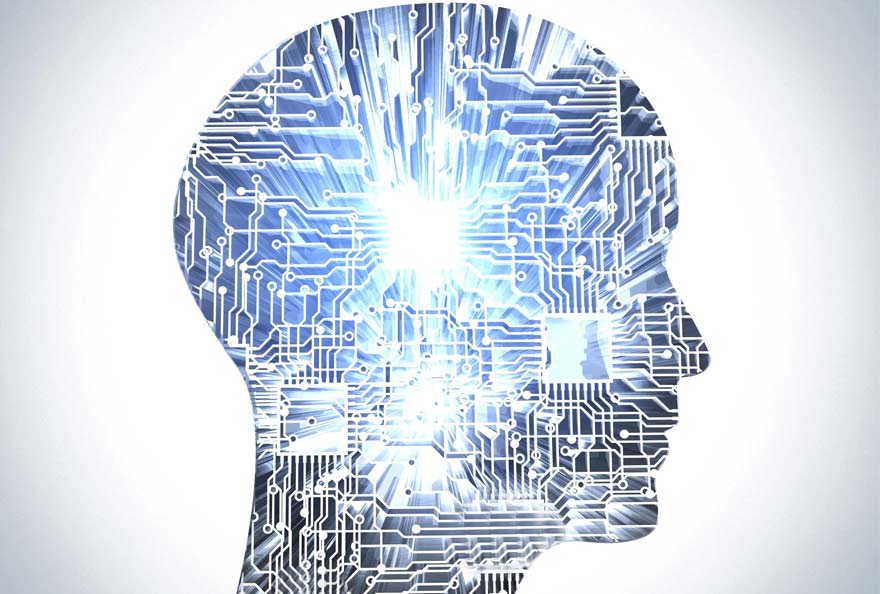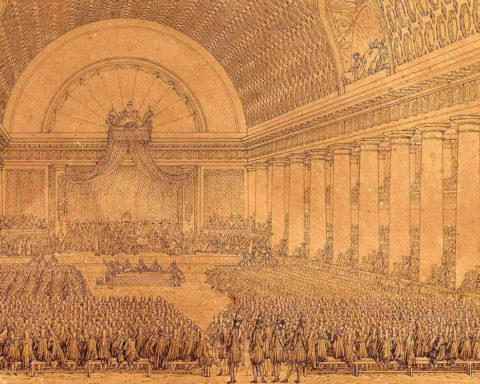
Le côté obscur des algorithmes

La transparence ? Oui, mais pas que !

Une commission publique dédiée à l’éthique du numérique.
Depuis 2009, les grands acteurs français de la recherche et de l’innovation sur le numérique sont regroupés au sein d’Allistene (Alliance des sciences et technologies du numérique). En 2012, cette alliance décidait de créer une commission de réflexion sur l’éthique de la recherche en sciences et technologies du numérique : la Cerna. Sur la base de travaux multidisciplinaires, rassemblant des expertises et des contributions de l’ensemble des acteurs du numérique aussi bien au niveau national qu’international, la Cerna questionne le numérique sur ses aspects éthiques. En prenant comme objets d’étude des thématiques aussi variées que l’environnement, la santé ou la robotique ou les nanotechnologies, elle souhaite sensibiliser et éclairer les concepteurs de technologies aux questions éthiques. Ses rapports sont téléchargeables sur son site web.












